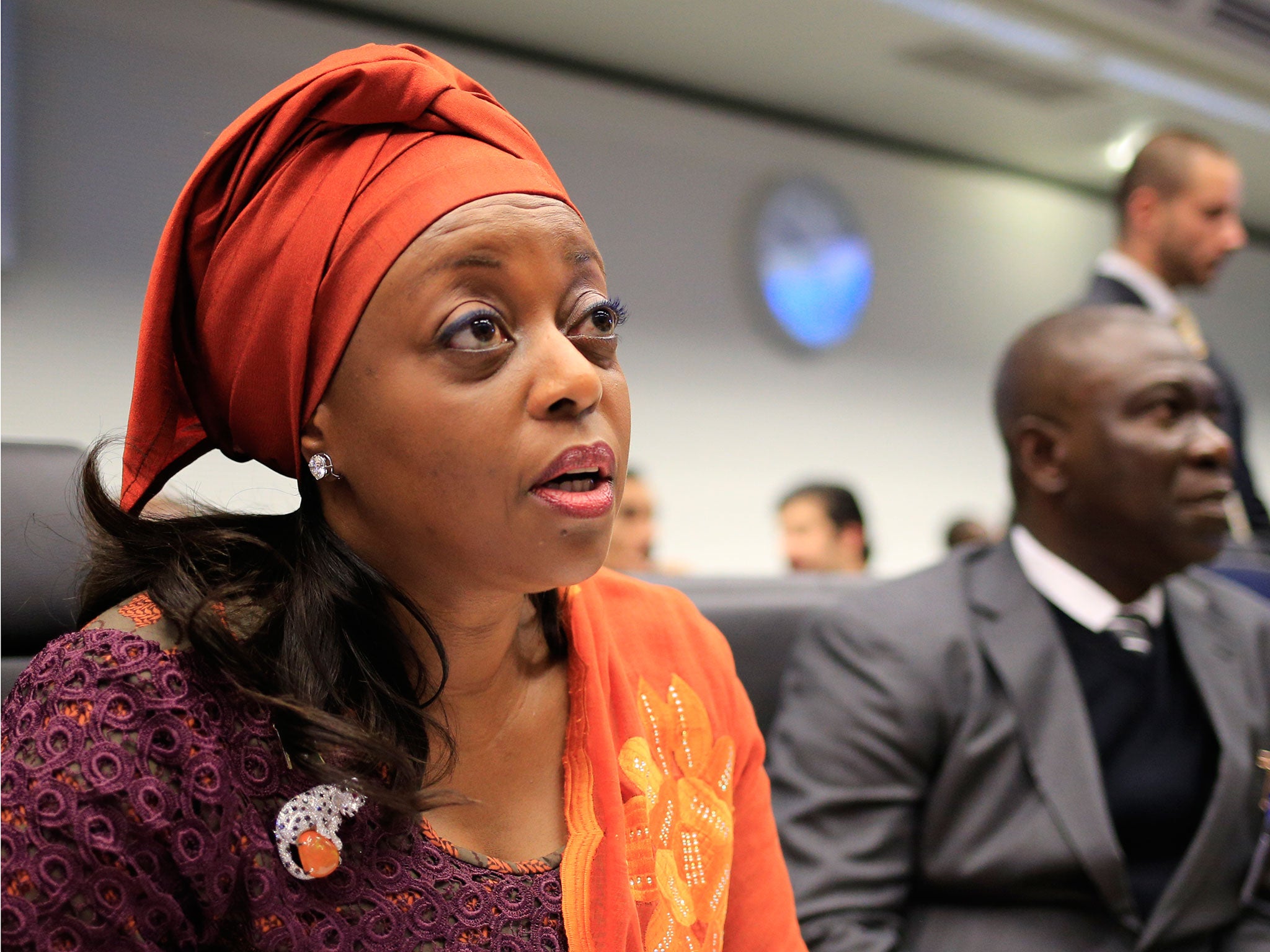
Nigeria will miss out on $6bn (£4.7bn) in a scandal-plagued deal with Shell and Italian energy giant Eni for one of West Africa’s most promising oil fields, leading industry experts have concluded.
The oil companies’ 2011 purchase is mired in a huge corruption case because most of the £1bn they paid for the offshore oil block ultimately ended up being paid as bribes, Italian prosecutors allege. The Nigerian government kept just a £164m “signature bonus”.
Research by Resources for Development Consulting, a group of economists, lawyers and auditors, has now found that Nigeria was worse off under the deal than previously thought.
Its public purse also missed out on £4.6bn in shared profits from the oil field because the agreement was extraordinarily favourable to the European oil companies.
This is more than double the combined education and healthcare budget of Nigeria, a country in which, despite vast oil wealth, 87 million people live in extreme poverty.
After years of denials, Shell admitted last year that it knew much of the money initially paid for the block, known as OPL245, would pass to convicted money launderer Dan Etete, who took a cut for himself with much of the rest paid to well-connected officials.
Under the contract, just 41 per cent of future revenues from the oil block will accrue to Nigeria, according to the report by NGO Global Witness and anti-corruption campaigners at Re:Common, the Corner House and HEDA.
Typically, 65 to 85 per cent of profits from such deals go to the government that granted the licence, under what’s known as a production sharing contract (PSC).
But with OPL245, Shell and Eni dispensed with the PSC structure and effectively cut Nigeria out of all future profits. Instead the government will receive only tax revenues.
Internal emails reveal that state oil firm Nigeria National Petroleum Company (NNPC) was of the “strong view” that one clause could be illegal.
It violated the terms on which PSCs are based, which dictate that the “government have both a say and a take in the block”, NNPC said.
It added that a “0 per cent royalty” combined with no right to acquire an equity stake “are likely to be a bitter pill” for the Nigerian government. It urged Shell to consider changes.
During contract negotiations, Malcolm Brinded, then Shell’s head of exploration and production, informed fellow managers that the deal was unprecedented.
He wrote: “The solution proposed leaves NNPC without any economic interest in the licence – a first in deepwater [offshore oil drilling] and obviously carrying some longer-term risks.”
Despite these concerns, Shell managed to persuade members of the government to come round.

Nigeria’s attorney general (AG) at the time, Mohammed Adoke – who was negotiating the deal with Shell, is alleged to have been one of the bribe recipients.
Shell’s legal counsel in Nigeria wrote to senior colleagues in February 2011: “The AG indicated strongly that he wanted the escrow agreement concluded this week.”
In 2009, two Shell vice presidents were briefed that Mr Etete – the former oil minister who while in office had awarded OPL245 to a company he controlled – would keep only a fraction of the money Shell and Eni were offering because “the rest goes in paying people off”.

According to Italian prosecutors, around £406m was withdrawn in cash and delivered to key officials including then oil minister Diezani Alison-Madueke and former president Goodluck Jonathan. The amount would weigh about five tonnes in $100 bills. The pair have not been charged by prosecutors in the Milan case.
Unfavourable terms
Under the 2011 agreement Nigeria will receive an estimated £7.6bn over the field’s lifespan as opposed to more than £12.2bn under terms proposed in 2006. The calculations are based on Eni’s estimates of 550 million barrels of recoverable oil in the block at a price of $70 a barrel.
The analysis is likely to underestimate the total benefit to the companies because a later estimate from Shell suggested there could be 875 million barrels in the field. The figures also do not include revenues from gas.
The analysis is the latest development in a scandal that has dogged Shell for years.
A string of former Shell executives and current and former Eni executives as well as the two companies themselves, are on trial in Milan over the purchase of rights to the block.
Two middlemen in the deal, Nigerian Emeka Obi and Italian Gianluca Di Nardo, were convicted of corruption in September and a judge ordered the seizure of more than £93.6m from the pair.
A spokesperson for Shell said: “We are aware of the latest claims from Global Witness and have responded to them directly, however since this matter is before the tribunal of Milan it would not be appropriate for us to comment in detail.
“Issues that are under consideration as part of a trial process should be adjudicated in court and we do not wish to interfere with this process.
“We maintain that the settlement was a fully legal transaction with the federal government of Nigeria and Eni and, based on our review of the prosecutor of Milan’s file and all of the information and facts available to us, we do not believe that there is a basis to convict Shell or any of its former employees.”
Eni rejected “any allegation of impropriety or irregularity” and said that in light of the trial it would be inappropriate to comment.
The company said “the technical and contractual assumptions adopted as the basis for the analysis appear to be partial and inaccurate, if not misleading”.







